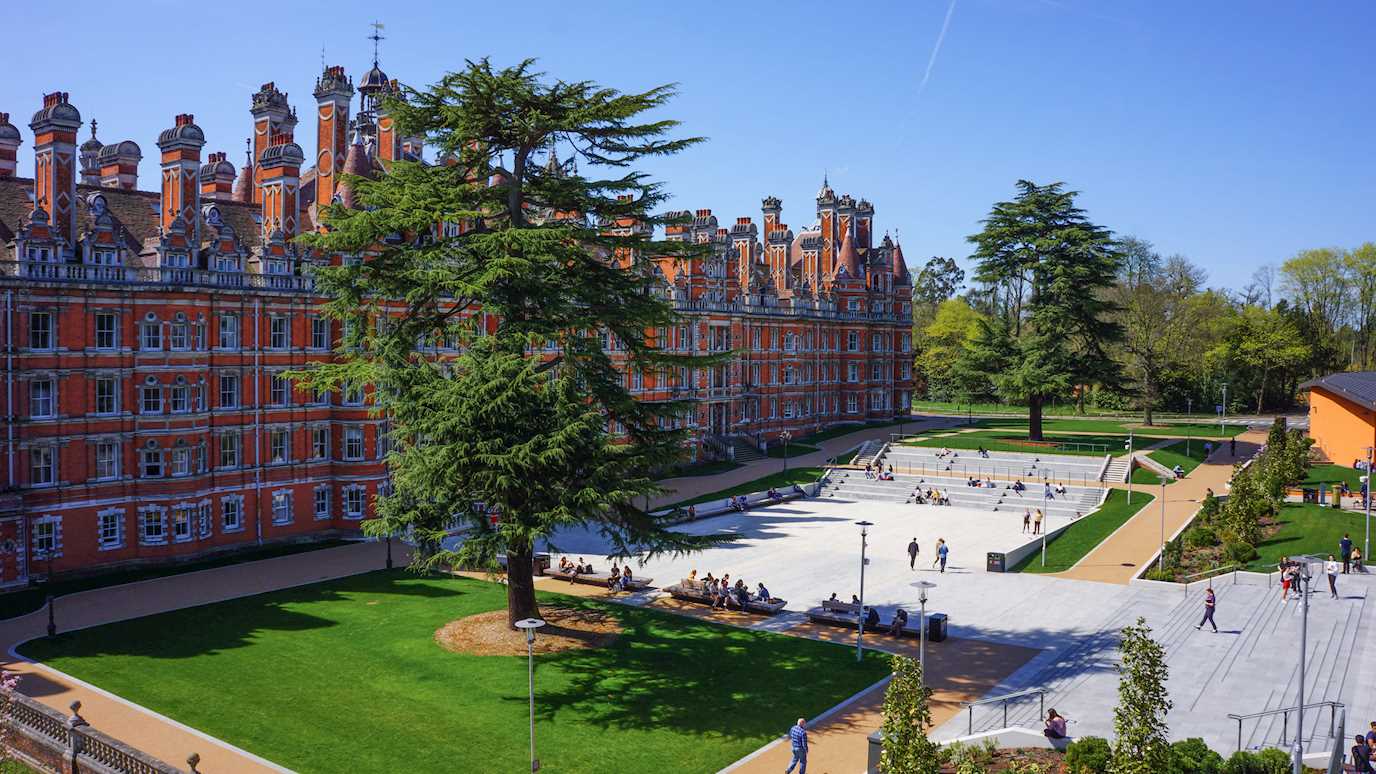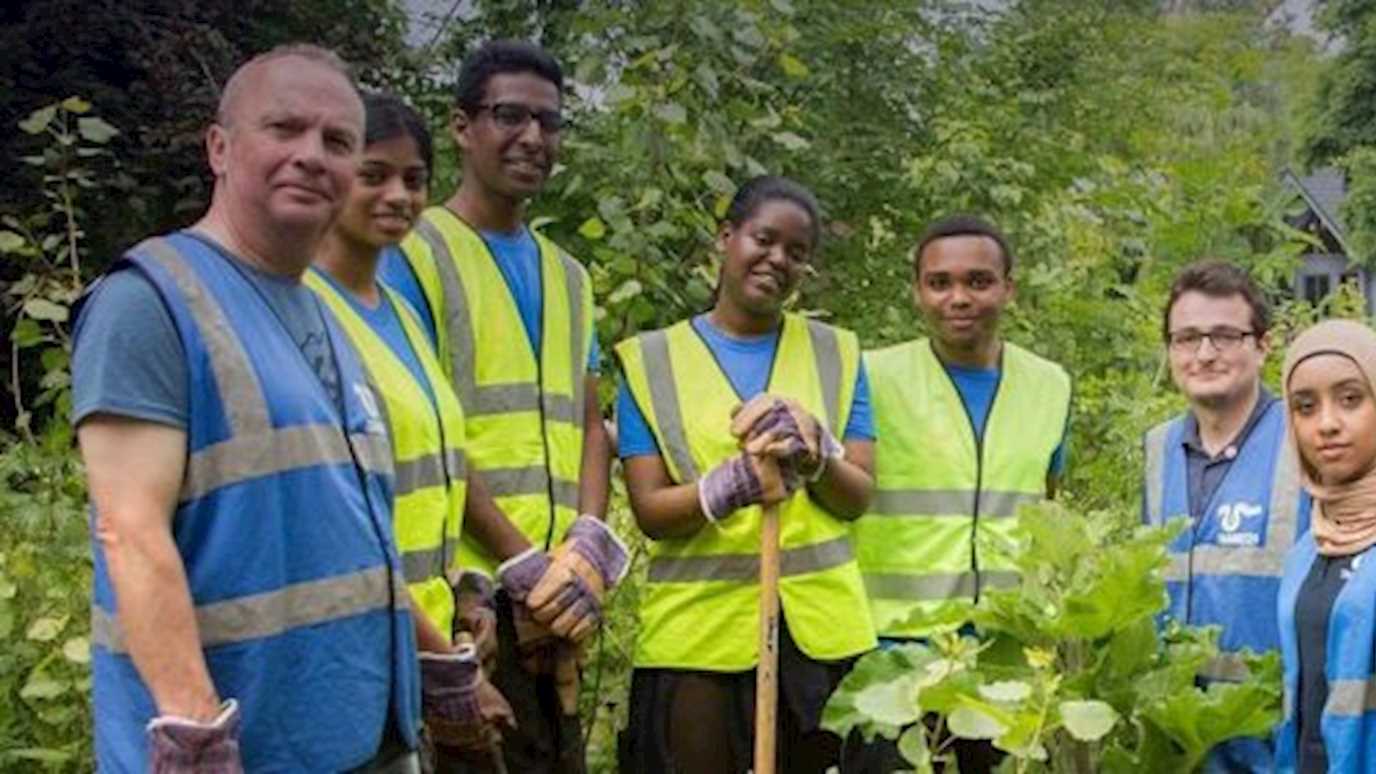COP26 Forum blog
From now until the end of the COP26 talks in Glasgow, Royal Holloway researchers are writing on the UN Sustainable Development Goals (SDGs), from ‘No poverty’ to ‘Partnerships for the goals’, and assessing why they matter to all of us.
From 27 October until the end of the COP26 talks, we are publishing a series of blog posts that relate to each of the United Nations’ Sustainable Development Goals (SDGs). We have asked Royal Holloway staff working on relevant topics to reflect on why these goals matter, and how they inform their own research and praxis. The blog posts offer an entry into our research and teaching worlds that by necessity are diverse in approach and interests.
Recognising that the UN’s 2020 report on the SDGs warned that ‘progress’ towards those goals and targets is likely to be tougher post-pandemic, we wanted to take the opportunity to reassess why these goals matter and how universities like Royal Holloway can contribute.
All 17 goals are wide-ranging in their own right. They demand an interdisciplinary approach and sensitivity to cultural, political, economic and financial differences. The relationship between the goals and communities also reveals important intersectional differences, as gender, ethnicity, citizenship, occupation and location shape our experiences, exposures and expectations. As we work our way through those goals, we ask the reader to keep in mind that there is an urgent need to scale-up and accelerate transformational change around the world. The SDGs are interlinked with one another, and as such they have to be considered synergistically.
Royal Holloway’s research community recognises that our underpinning research on the SDGs needs to be informed by respectful and creative partnerships, recognising the need for our own institutions to be committed to meaningful change.
Our new research theme, Living Sustainably, will provide fresh opportunities for our staff and students to pursue with our partners and stakeholders collaborative research that is responding positively to the SDG targets.
Displaying 11 to 20 of 21

SDG 10: Reduced Inequalities
05 Nov 2021SDG 10 is intricately linked to principles of equality and non-discrimination in international human rights law, writes Jill Marshall.

SDG 9: Industry, Innovation and Infrastructure
04 Nov 2021In recent years, the world has been subject to several transformations that have changed the way people live, consume and work, writes Juan Pablo Rud, reflecting on SDG 9.

SDG 8: Decent Work and Economic Growth
03 Nov 2021SDG 8 addresses ‘decent work’ and this can be defined as work that is respectful of the fundamental rights of individuals and communities, writes Laurie Parsons.

SDG 7: Affordable and Clean Energy
02 Nov 2021The seventh Sustainable Development Goal addresses the future of energy use. The subtitle highlights the scale and extent of the challenges involved, writes Stefanie Kuenzel.

SDG 6: Clean Water and Sanitation
01 Nov 2021Researchers at Royal Holloway are contributing to SDG 6 – ‘Clean Water and Sanitation’ – with a research project aiming at the development of a low-cost device to assay drinking water for lead.

SDG 5: Gender Equality
30 Oct 2021Liz Gloyn writes on how her work in classics relates both to SDG 4 and inclusive education, and SDG 5, which aims to ‘achieve gender equality and empower all women and girls’.

SDG 4: Quality Education
30 Oct 2021SDG 4 calls for action to ensure that education is available globally, is of high quality, and that access to it is fair. On the eve of COP26, Jessie Ricketts reflects on this goal.

SDG 3: Good Health and Well-Being
29 Oct 2021SDG 3 focuses on health and well-being, but ensuring this is equitable and inclusive is a complex challenge, as the inequities of COVID-19 vaccine access show, writes Maureen Ayikoru.

SDG 2 and SDG 12: Zero Hunger and Responsible Consumption
28 Oct 2021Changing our food systems is probably the greatest challenge facing the world today, write a group of scholars in Humanities. To meet it, we need to understand and change the narratives.

SDG 2: Zero Hunger
28 Oct 2021More than two billion people in the world currently lack access to adequate food, writes Ivica Petrikova.












